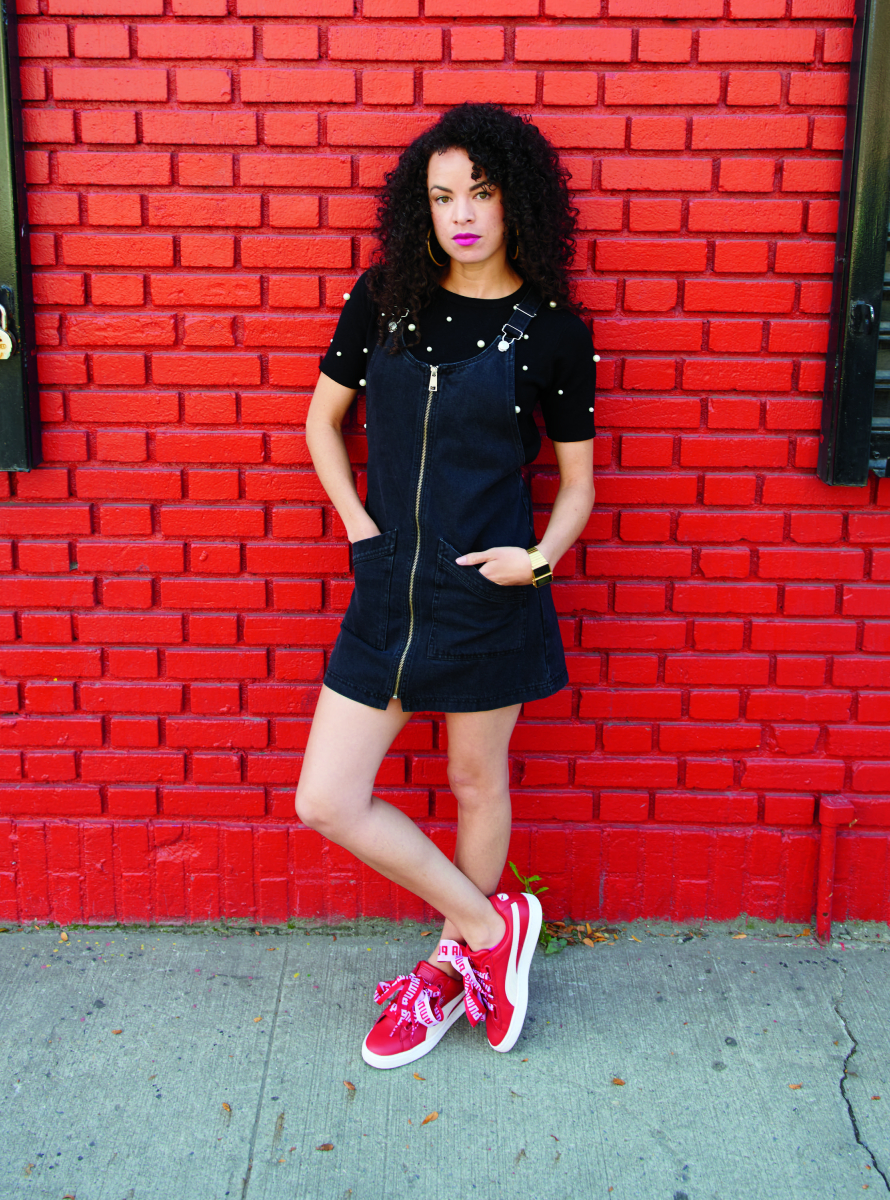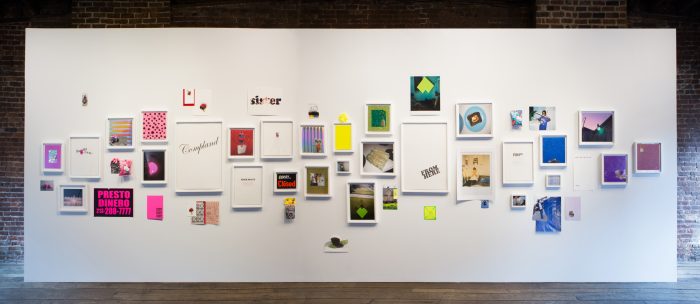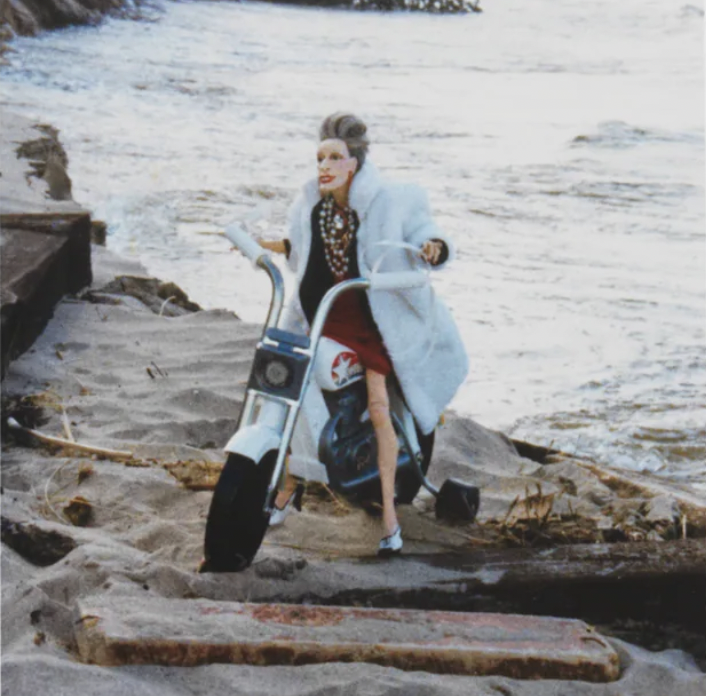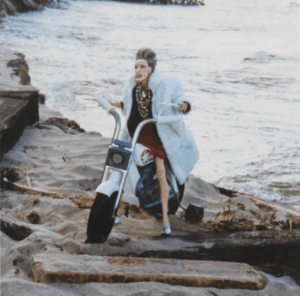
In her ongoing series Dear 1968,…, the multimedia artist Sadie Barnette has repurposed the FBI file on her father Rodney Barnette, who was under surveillance for his activism with the Black Panthers. In other works, Barnette adorns family ephemera with gold frames and rhinestones, which creates a space wherein a personal history becomes universally legible as something to be both cherished and rigorously reconsidered.
It is an attention to history that informs Barnette’s work, “I do look back to the past in order to think about how to move toward a more liberated future, but I also look ‘up’ and ‘down’ to more abstracted notions of time and space, as with my ‘glitter-scapes’ and minimal collages, to dream and invent and think about worlds that exist beyond gentrification and state surveillance.”

Barnette’s work does not always take on an expressly political form even as it remains passionately dedicated to taking apart racism and classism. In “Superfecta,” a solo exhibition featuring photographs and drawings, Barnette undertook a sustained inquiry into the racetrack as a site of memory and an intersection of class and enjoyment. In Untitled (Pony ride, Compton, CA), the artist shows two figures around a person on a horse, but the shot is so out of focus that all you can ascertain is muted outlines in the approaching dusk. This is perhaps a stand-in for Barnette’s own memories of going to Hollywood Park as a young girl, but there is also something more expansive. We understand that this picture was taken in Compton, Barnette’s own neighborhood, and it is indeed a beautiful portrait of what some would call a “decisive moment.” However, there is something that can’t be fully located or considered documentary, something “up” and “down,” to quote Barnette.










 in your life?
in your life?

